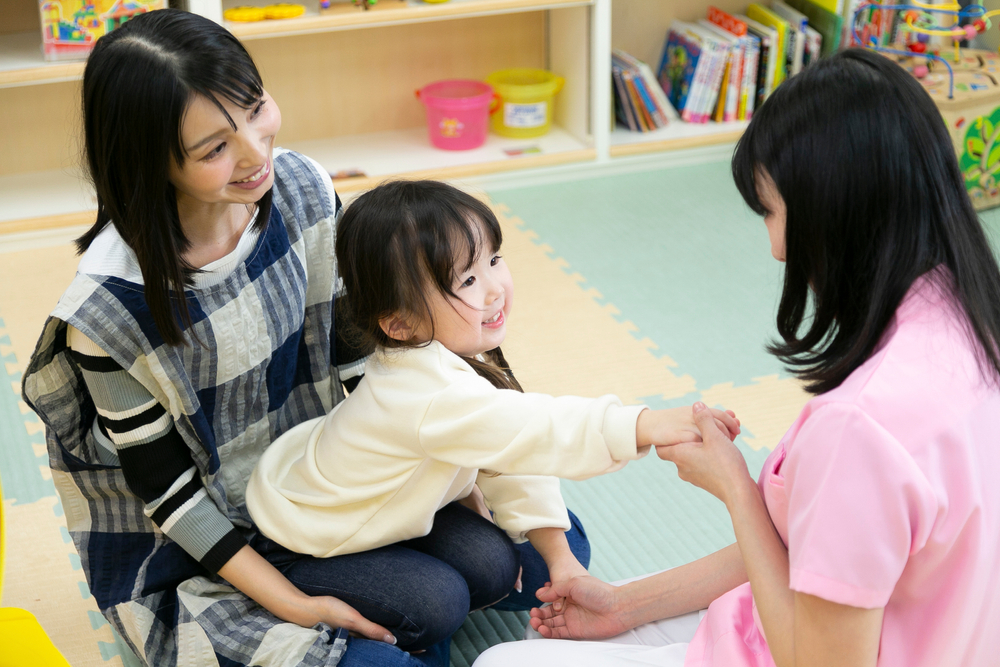Written by: Fong Wai Kwan, Dr. Kong’s Professional Team of Registered Physiotherapist
Parents should avoid letting their children develop the following bad postures, which can affect the development of the spine:
When children are doing their homework, they should avoid sitting sideways to one side, as this posture can easily lead to uneven use of force on the left and right sides of the spine, causing problems such as scoliosis. At the same time, they should maintain an upright posture in both the neck and waist.
When children use computers, they should not lean their necks too far forward to look at the screen, as this can easily lead to neck strain. Parents should also remind children to keep their necks and backs straight, and choose chairs that are adjustable in height and equipped with backrests and armrests to support the back, hands, and wrists. Additionally, the screen should be positioned at a height not above eye level. After every 30 minutes of computer use, there should be adequate rest breaks taken.
When lifting heavy objects from the floor, it is best to avoid bending the waist forward to pick them up. Instead, one should adopt a semi-squatting posture, keeping the waist straight. Then, grip the heavy object with both hands, keeping it as close to the body as possible. Finally, use the leg muscles to stand up, maintaining a straight waist.
Neck Stretching Exercises
Purpose: To help relieve muscle tension in the neck
Steps: 1. Turn your head to the left and right sides, holding each position for 10 seconds.
2. Move your head up and down, holding each position for 10 seconds.
3. Tilt your head towards the left and right sides, holding each position for 10 seconds.
Repeat the full set of exercises 10 times per day.
Shoulder Stretching Exercises
Purpose: To help relieve tension in the shoulder muscles
Steps: Place your hands on your shoulders, and rotate your elbows forward and backward 10 times in each direction.
Chest Stretching
Purpose: To help stretch the chest muscles and improve poor posture
Steps: Firmly grasp your hands behind your back, and raise your hands as high as possible, holding for 10 seconds. Repeat 10 times per day.
Stretching the Back and Waist Muscles
Purpose: To help relieve tension in the back and waist muscles
Steps: 1. Place your hands on your knees, then bend forward at the waist, hold for 10 seconds, and slowly return to a standing position.
2. Place your hands on your hips, then bend backward at the waist, hold for 10 seconds, and slowly return to a standing position.
Repeat the full set of exercises 10 times per day.
Side Body Stretching
Purpose: To help relieve tension in the side waist muscles
Steps: 1. Place your hands on your hips and twist your waist from side to side, slowly returning to the starting standing position with hands on hips. Hold each side for 10 seconds.
2. Raise your left hand and bend to the right, hold for 10 seconds, then slowly return to the starting standing position with hands on hips.
3. Raise your right hand and bend to the left, hold for 10 seconds, then slowly return to the starting standing position with hands on hips.
Repeat the full set of exercises 10 times per day.











